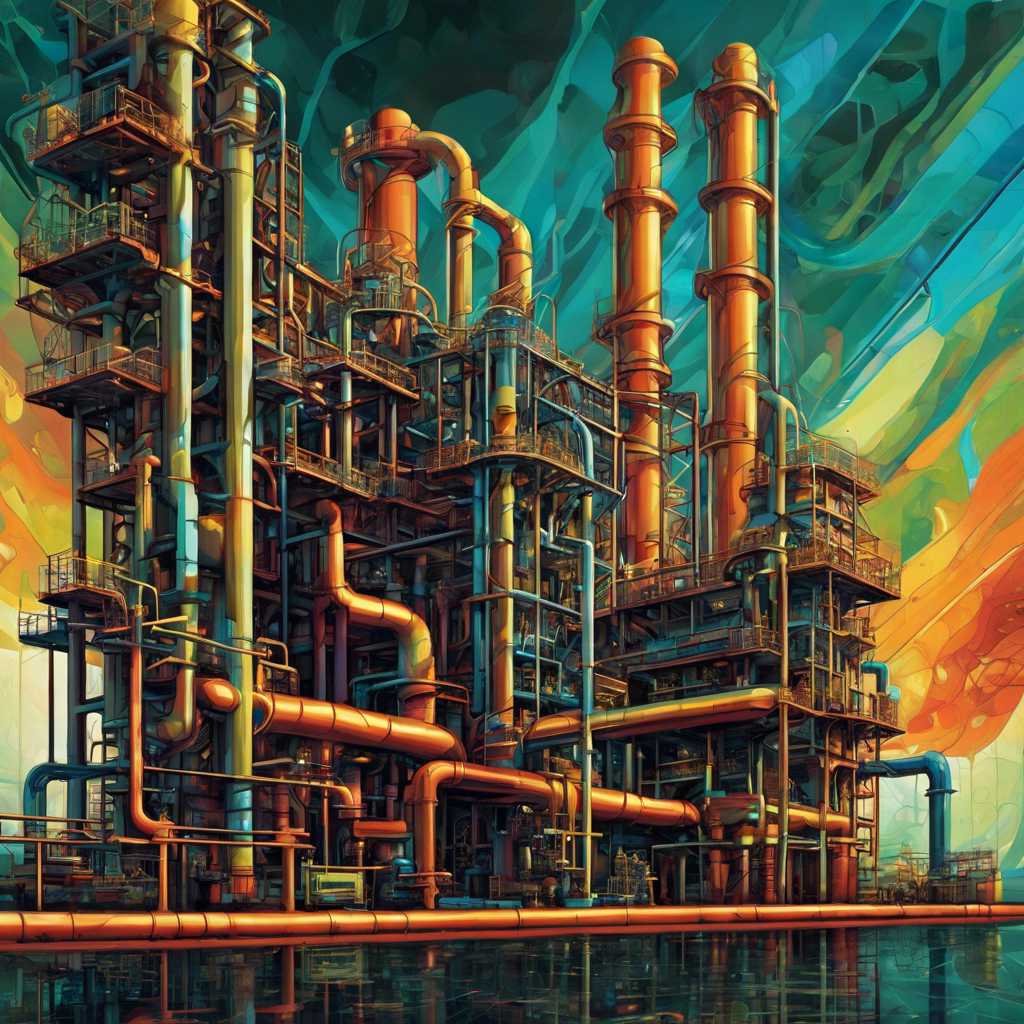I am back from South Africa where I spoke about my range-bound market thesis to South African Society of CFA in both Johannesburg and Cape Town. I’ve visited many countries over last few years, but none have amazed as much as South Africa. I hope to write my thoughts about South Africa soon. It is truly an amazing country.
“Gas use in Europe’s largest economies fell as much as 16% this winter despite unusually cold conditions, according to IHS Global Insight.” WSJ, April 6, 2009
It is hard to be bullish on commodities after reading these types of statistical data bits, especially when you consider that Europe is not the producer of things in the world (China is), and thus a predominant consumption of natural gas goes to heat homes. Of course there is another side to this story – Gazprom will be cutting capital expenditures to cope with lower demand and lower gas prices that it is about to face (natural gas prices lag oil prices).
Gazprom, despite being government controlled, is not a unique case. Oil and gas companies are facing lower demand, sharper lower prices, and thus much lower free cash flows are causing them to slash production and capital expenditures. Capital expenditures are easier to cut out of the two – those are the future revenues and thus future problems which at least from today’s perch pail in relevance to management.
Lowering production is a bit trickier for both oil and gas companies as that impacts current revenues. Oil and gas rich nations like Russia, countries in the Middle East, and Venezuela all face a similar problem. They stand on one leg – petrochemicals – and that leg is being undermined by global decline.
However, their social obligations have ballooned during time of prosperity – cutting productions lowers already declining revenues, while social obligation costs don’t decline. What does this all mean? Lower demand for petrochemicals in the short-run is becoming a certainty. Lower production in the short-term is not certain, though very possible (OPEC to my surprise did reduce production so far, but will it be able to maintain it?) In the longer run, supply of petrochemicals will not be robust; it will decline. It will take high oil and gas prices to cure that problem. As it does every time.









0 comments